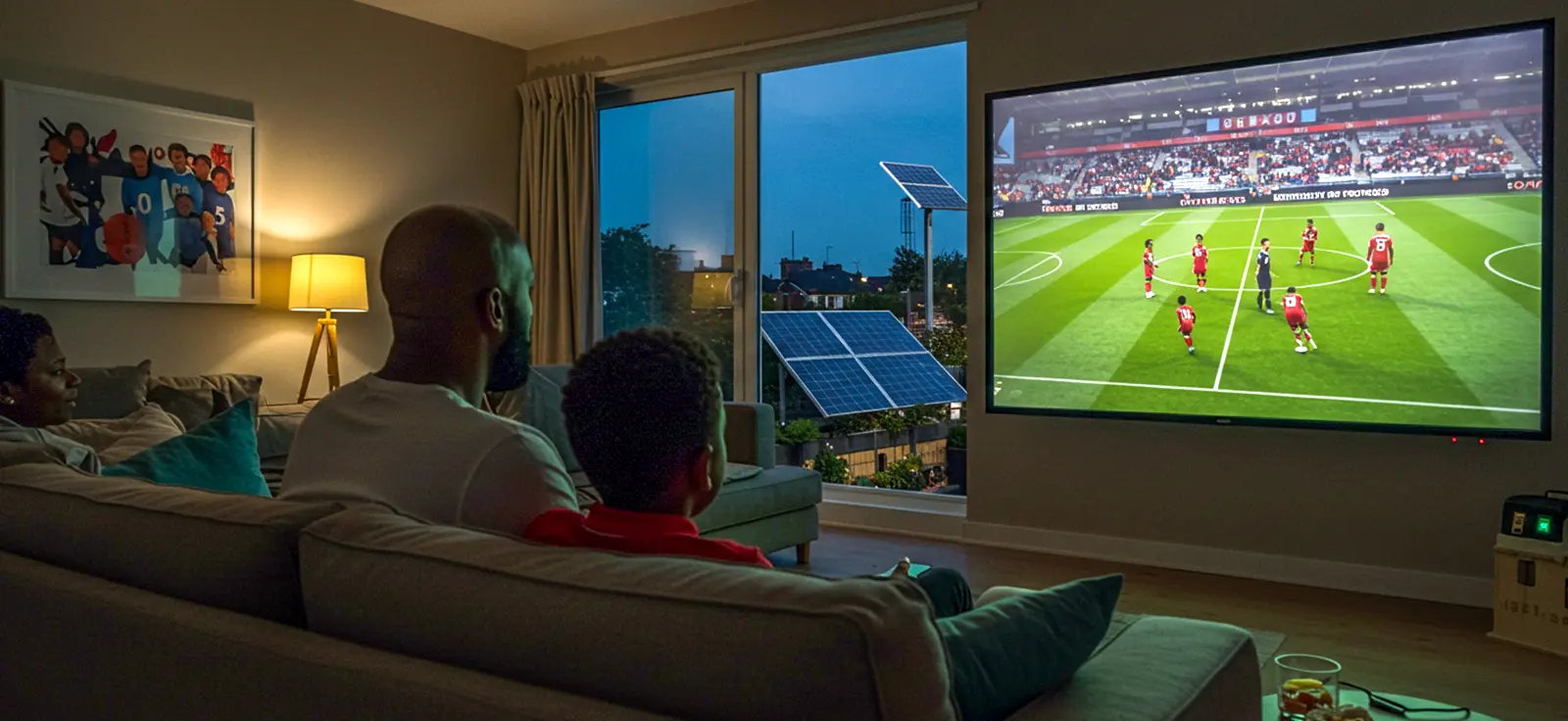Luminous Redefines Power with Advanced Lithium & Solar Systems
On October 4, 2025, we marked a new milestone in Nigeria’s energy journey!

Discover how to run AC on inverter systems efficiently. Learn about inverter basics, power requirements, battery size, and compatibility for seamless cooling during power cuts.
Running an air conditioner during power cuts is a challenge in regions like Nigeria, where electricity supply can be unpredictable. The question arises: Can you run AC on inverter systems? The answer is yes, provided the inverter is powerful enough and meets specific requirements. This guide explains how you can achieve this and the factors to consider.
Before exploring how to run AC on inverter systems, it’s crucial to grasp the basics of inverters:
● DC to AC Conversion: An inverter converts direct current (DC) to alternating current (AC), enabling regular household appliances to function.
● Power Requirements: For example, a 1-amp AC-powered appliance requires 11 amps of DC power. A 5-amp AC unit, like a window AC, will need 275 amps of DC power for the initial surge and 55 amps for continuous operation.
Airconditioners, particularly smaller ones like 1 HP units, generally consume around 1500 watts. To run an AC on an inverter:
● Choose the Right Inverter Size: Ensure the inverter can handle the power surge during startup.
● Source of Power: Inverters rely on batteries or solar panels, which must supply both surge and continuous power effectively.
Powering an air conditioner requires sufficient battery capacity. Here’s what to consider:
● Battery Quantity: More batteries may be necessary to handle the AC load.
● Battery Type and Maintenance: Regular battery replacements or the use of alternative charging methods like solar panels can extend the system's lifespan.
Now that you know how to run AC on inverter systems, you can ensure uninterrupted cooling during power outages. For reliable power backup solutions, check out our wide range of inverters and batteries here.


On October 4, 2025, we marked a new milestone in Nigeria’s energy journey!

The Premier League is back, and fans are gearing up for every kick, pass, and goal. But in many parts of Nigeria, one thing threatens the excitement: unreliable electricity.

Maintaining your inverter battery properly when it reaches full charge is crucial to ensuring its longevity and efficiency.